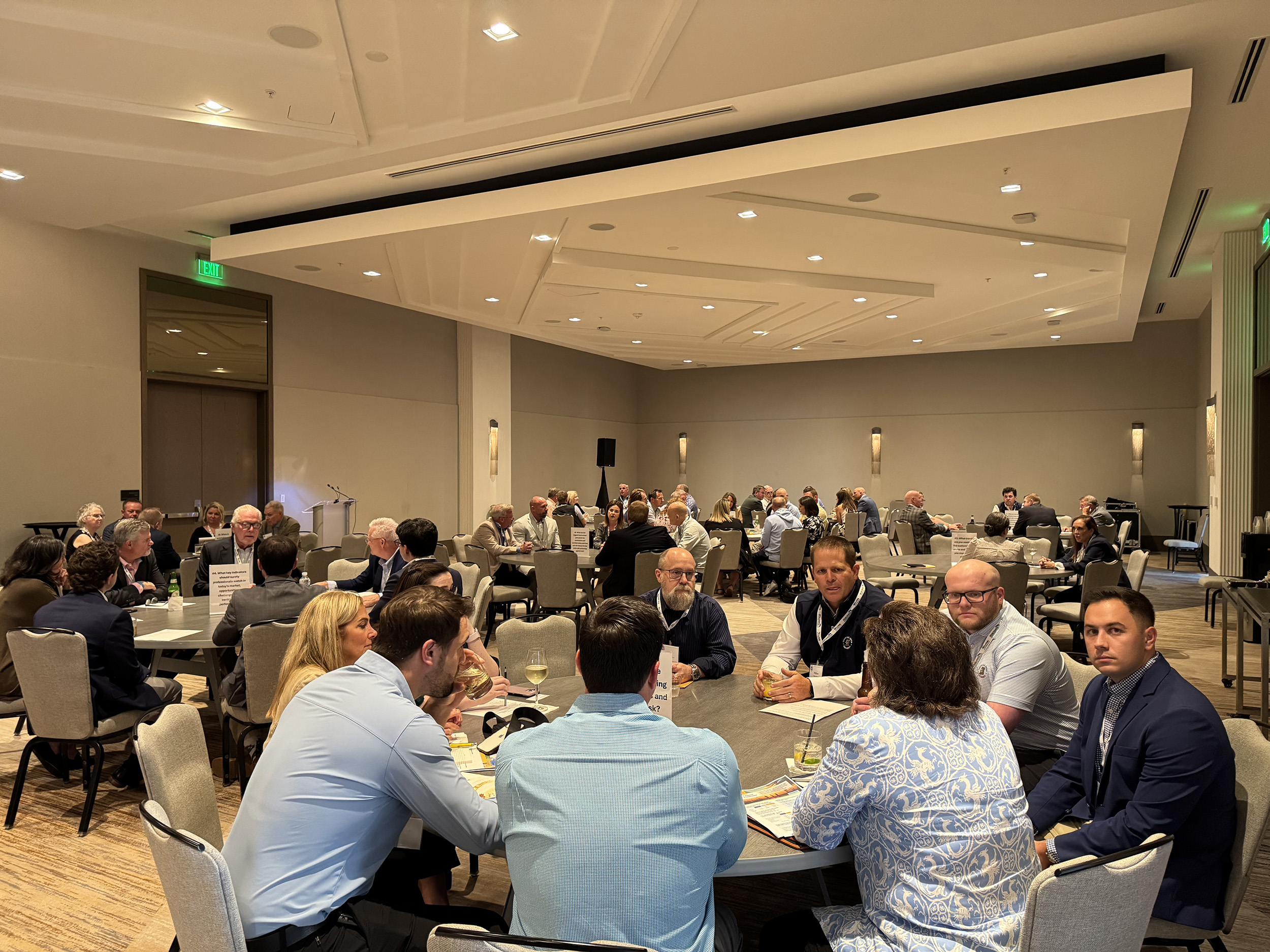
Court of Federal Claims: Case Is a “Cautionary Tale to Government Contractors”
The Court of Federal Claims recently ruled that an Army Corps of Engineers’ contractor that alleged it had been wrongfully terminated from a construction contract tried to fraudulently overbill the Corps. The court found that the government showed at trial that Lodge Construction (Lodge) had sought fraudulently inflated or unwarranted costs from the Corps. See Lodge Construction, Inc. v. The United States, Nos. 13-499 and 13-800 (Jan. 10, 2022). I heartily agree with the court’s comment that “[t]his case should serve as a cautionary tale to government contractors.” The court explained its comment as follows:
For those who seek to recoup sums of money from the Federal Government, and thus burden taxpayers, rudimentary recordkeeping and approximated claims are likely insufficient. When job cost data and recordkeeping are inaccurate, the claim will inevitably contain errors and the line between negligence and reckless disregard for the truth becomes vanishingly thin. Cross it, and the government contractor’s claim becomes fraudulent as a matter of law, a designation that carries financial, practical, and stigmatic consequences. Here, while some elements of Lodge’s claims may reflect nothing more than slapdash formulae, overwhelming evidence establishes that substantial portions of those claims are patently deceitful.
This case arose from a construction project to rehabilitate a levee in South Florida. In 2010 the Army Corps awarded Lodge a competitively bid, fixed price contract to rehabilitate a levee in Palm Beach County, part of the Corps’ “Everglades Update” restoration mission. In 2012 Lodge submitted three certified claims to the contracting officer: (1) the “Design Claim”; (2) the “Dewatering Claim”; and (3) the “Wall Breach Claim,” all three of which were denied by the contracting officer. The court eventually found at trial that these claims were fraudulent.
The Corps ultimately terminated Lodge for default on July 23, 2012; and this litigation followed in 2017. Lodge filed three claims, and the government filed counterclaims accusing Lodge of fraud in its submissions to the contracting officer and fraud in maintaining those claims in the Court of Claims, seeking forfeiture of the contractor’s claims, damages, and civil penalties pursuant to the False Claims Act and the Special Plea in Fraud. Specifically, the United States alleged fraud related to three categories of conduct: (1) false delay-day costs; (2) double billing and exaggerated equipment costs; and (3) improper pass-through claims of a subcontractor.
Eventually, after many procedural maneuverings on the part of the parties; the court set the matter for trial on two of the three fraud allegations—the false delay-day costs and the exaggerated equipment costs, setting aside the pass-through claims issue for further proceedings. The court conducted a trial on those two fraud issues between August 2-6, 2021.
The court found that it was apparent that “Lodge failed to earnestly undertake the obligations of claim certification: to ensure a claim submitted for payment is accurate and truthful.” In support of this statement, the court provided a detailed analysis of the fraudulent nature of Lodge’s claims: (1) a failure to accurately identify the equipment it used and to support the valuation of that equipment with proper documentation; (2) use of a “dubious metric” to measure its inefficiencies and dishonestly inflate its claims; (3) use of an “artifice” through which it inflated costs of its equipment by reporting operation hours to the Corps differently that it recorded them internally; and (4) an attempt to double recovery of costs for which it had assumed the risk of increased operation costs.
The court found the testimony at trial of some of the contractor’s witnesses to be “not credibly supported by the evidence,” “suspect,” “conflicting accounts,” “evasive and unresponsive,” and “unpersuasive and undeserving of extensive discussion.” Furthermore, the court found that the methodologies used by the witnesses to calculate damages were inappropriate, unreasonable, and not within industry standards.
The court provided detailed analyses to support its decision that the government met its burden of establishing by clear and convincing evidence that the contractor knowingly submitted false claims. As an example, the court explained that Lodge had vastly overstated the applicable hourly rates for its Euclid trucks by misusing equivalent equipment operating rates in the USACE Manual. There was a huge discrepancy in value and age between the equipment it used and the equivalent equipment on which it based its hourly operating rate (the $40,000 value for all four of Lodge’s Euclids varied significantly from the $3,554,744 collective value had the trucks been the same make and model as the one Lodge reported using).
What is the takeaway for government construction contractors?
The answer is really quite simple: be accurate and truthful in your dealings with the government. In this case the court “found that Lodge practiced fraud against the United States by submitting false claims for payment that contained statements and records material to those false claims . . .” An accurate and truthful contractor will keep accurate records, will not inflate claims or double bill, and will use methodologies for calculations that are standard in the industry. We all know that the federal government in recent years has broadened, deepened, and sharpened its reach under the False Claims Act to pursue vigorously those seeking to defraud the government—and to defraud taxpayers. And state governments, taking their cue from the federal government, have been recently enacting their own versions of the False Claims Act.
I am reminded of the scene from the 1997 movie Liar Liar, in which the lawyer character played by Jim Carrey advises his client, who has knocked over an ATM at knife point, “Stop breaking the law!” Or, as stated much more eloquently by the Court of Claims in Lodge Construction, “’Men must turn square corners when they deal with the Government’” (quoting Justice Holmes from Rock Island A. & L.R. Co. v. United States, 254 U.S. 141, 143 (1920)). Those contractors that fail to abide by this wise advice may find themselves serving as cautionary tales to other government contractors.

The author of this article is Martha Perkins, General Counsel at NASBP. She can be reached at mperkins@nasbp.org or 240.200.1270.
This article is provided to NASBP members, affiliates, and associates solely for educational and informational purposes. It is not to be considered the rendering of legal advice in specific cases or to create a lawyer-client relationship. Readers are responsible for obtaining legal advice from their own counsels and should not act upon any information contained in this article without such advice.
Get Important Surety Industry News & Info
Keep up with the latest industry news and NASBP programs, events, and activities by subscribing to NASBP SmartBrief.




